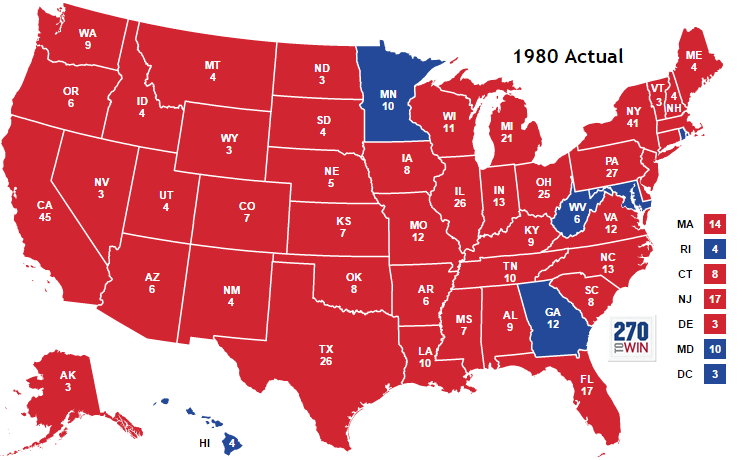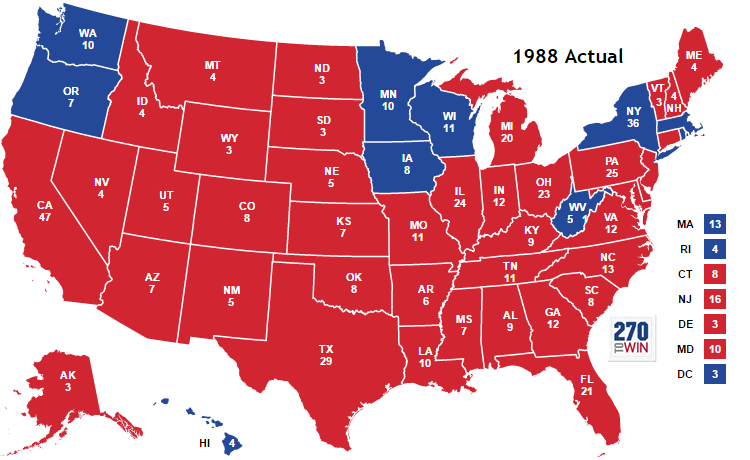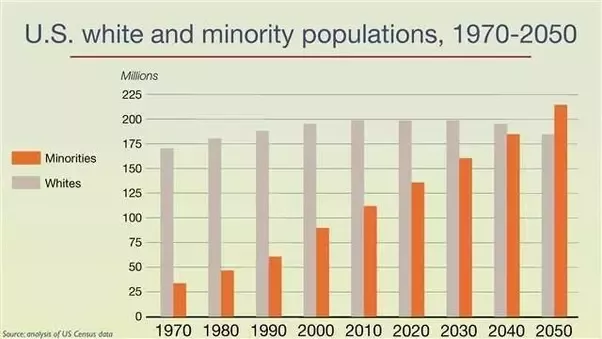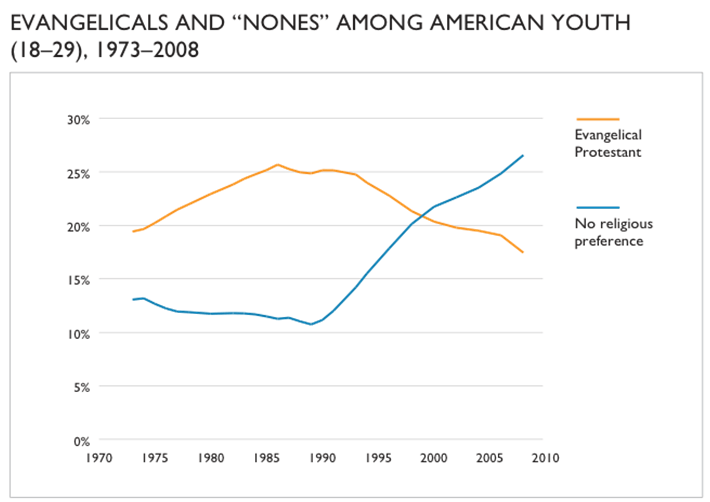1/It's interesting that Trump's hardcore support base is turning out to be, not Boomers, but conservative Gen Xers.
As a Xennial (almost old enough to be Gen X), I feel like I have some insight into these folks' politics...
As a Xennial (almost old enough to be Gen X), I feel like I have some insight into these folks' politics...
https://twitter.com/Noahpinion/status/1305902714581254146
2/Here are the election maps for 1980, 1984, and 1988.
It's hard for us to realize now how dominant the Republicans were in that era.
Republican dominance was normal. It was the status quo. It was just the way things were.


It's hard for us to realize now how dominant the Republicans were in that era.
Republican dominance was normal. It was the status quo. It was just the way things were.



3/White people were still an overwhelming majority of Americans in the 70s and 80s, when the Xers were young. 

4/Gen Xers also grew up during a Great Awakening of Christianity, when Evangelicalism was on the march.
That trend didn't reverse until the 1990s.
That trend didn't reverse until the 1990s.

5/Where Boomers grew up with riots, the Vietnam War protest movement, the Great Society, etc., Xers grew up in a nation that was rapidly stabilizing under conservative rule.
This, I think, is the key; Xers have little collective memory of either instability or liberalism.
This, I think, is the key; Xers have little collective memory of either instability or liberalism.
6/Since the 90s, white conservative Xers have been seeing "their America" disappear, as Christianity declined, diversity skyrocketed, and Democrats became competitive.
7/Gen X wasn't an overwhelmingly conservative generation, of course, There were plenty of Xers (including white Xers) who rebelled against that conservative America. And Bush's failures pushed Xers to the left overall.
But for Xers who ARE conservative, it's the Apocalypse.
But for Xers who ARE conservative, it's the Apocalypse.
8/Also, remember that people tend to move to the right a bit as they age. That's true of Boomers, but it's also true of Xers. Age may now be undoing the leftward Xer shift that Bush wrought.
https://twitter.com/MattGrossmann/status/1304869318732152832
9/Gen X are the "forgotten generation", but white conservative Gen Xers seem to form the backbone of Trump's hardcore supporters, and so I think it's important to understand the psychology of why these people are so freaked out about the direction America is headed.
(end)
(end)
• • •
Missing some Tweet in this thread? You can try to
force a refresh









